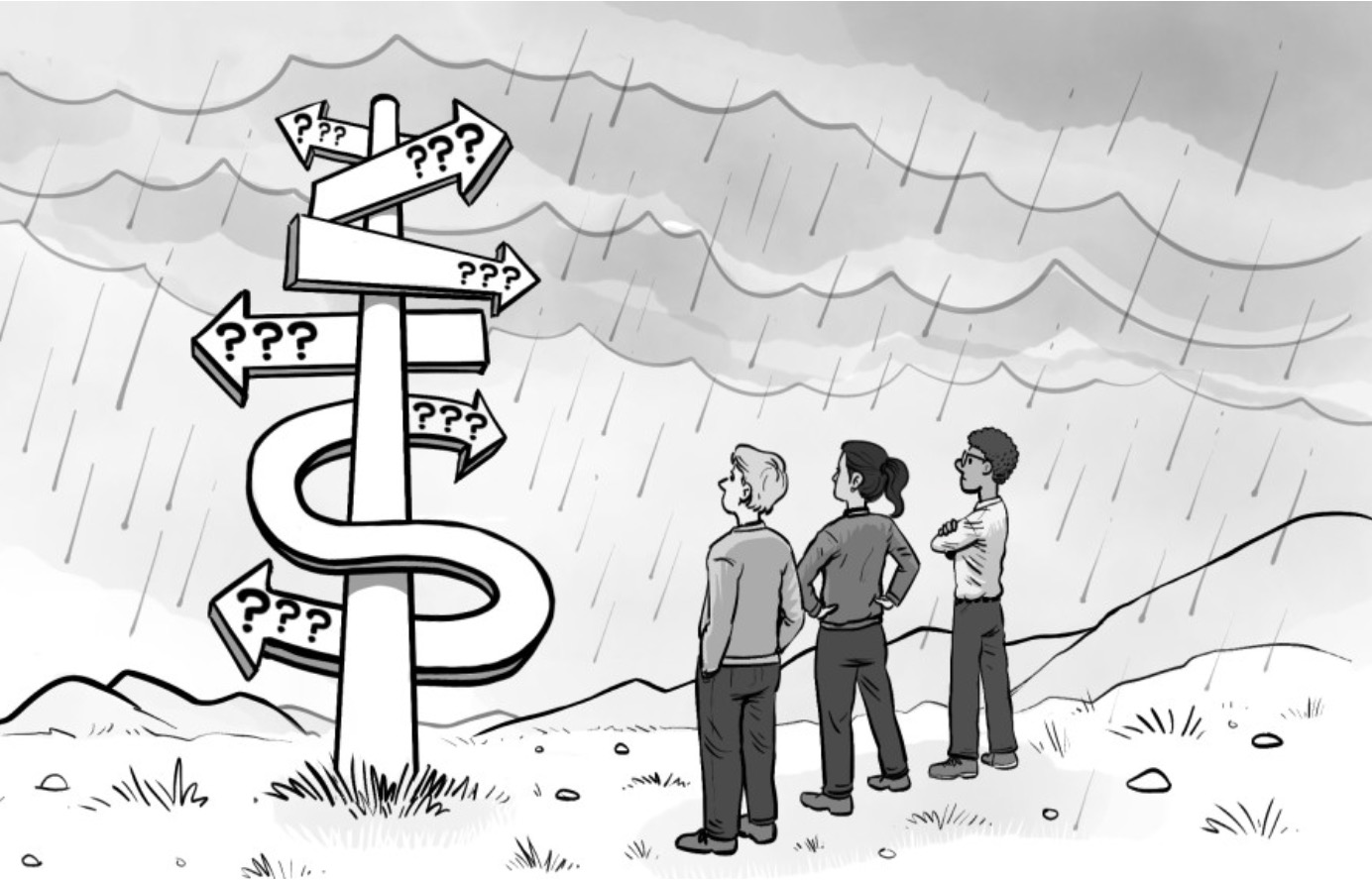Family Finances – Are Your Loved Ones Included?
An international financial planner looks at how we tend to plan our family finances and finds that, like in so many areas here, changes are taking place in Oman…
Traditionally, in most societies the man of the family has been the caretaker of the family’s finances.
He has earned, or inherited, the family’s assets; he alone manages them; he alone has the information about them; and if / when he becomes incapacitated or dies, or when his son/s prove a degree of financial maturity, he starts to pass the information and the assets to his male heirs.
Today, in the west as well as in more traditional societies, this pattern is changing. Firstly, women are increasingly educated to the same standard as men. Their innate business and financial gifts become clear, their suitability to positions of responsibility and leadership is acknowledged and they gather experience in major positions in business and political life as well as in society.
The next step follows: women take an ever greater role in many families’ finances. I often find professionally that women in a couple relationship express no interest in their personal or family. Often a man’s spouse will decline to attend a financial planning meeting I hold with her husband. Increasingly however, women see this as an essential aspect of running their own lives and pioneering their own future. They increasingly earn their own savings, make their own investments and, in the western cultures, they even inherit a share of their parents’ estate equal in value to what their male siblings inherit.

Many psychologists consider that women and men have different but complementary skills in personal finance. Typically, they argue, women who have experience of taking care of the home, including household budgets, prove more diligent in balancing income and expenditure and use more grounded common sense in managing finances, investments and business.
Men, they argue, typically have different gifts – they are for example often more comfortable taking financial risks, tend to be more effective in ‘closing sales’, and maybe more naturally pioneer the drive forward. This has been referred to (by psychologist Maslow) as the ‘hunter gatherer’ role.
This is even affecting heirship customs, or estate planning. As a financial planner for higher net worth families more and more I hear the request that measures should be taken in good time to protect the spouse’s interests and to ensure her financial wellbeing when eventually the husband dies. In the west this is normal: US and UK law states that ( only after the state is satisfied that it has received the full inheritance tax payments ! ) the deceased’s wishes as expressed in his / her legal will are to be followed – and the vast majority of married peoples’ estates are primarily willed to their own spouse.
Meanwhile my experience of the children of our clients is that they could usually have been far better prepared to receive the wealth they will eventually receive. Childrens’ education usually does not extend to lessons in balancing income with expenditure, and at safeguarding savings whenever there’s a surplus. Even less does it include investment or wealth management. And less still does it extend to the protection of the assets against major dangers – the subject of my next article.
To the contrary, the comfort of their childhood lifestyle often stints their appetite for hard work, their interest in taking calculated business risks, and their ongoing striving to achieve. This omission on the part of the parents is not, in my experience, because the children are not interested. Rarely are my own children more attentive in listening to me than when I’m speaking of financial or business risks I’ve taken – and in particular of where I messed up and of how much it cost me!
This is an area where I believe we as parents could often give far more to our children than we do. So what is my message in this article ? It is that the dymamics of family finances are changing, and that this is happening throughout the Arab world including in Oman, as well as in the west. Women and particularly wives are requiring much more information and more of a role in deciding their family’s financial future. And for us parents: for our dreams for our children to come true, we need seriously to address some difficult questions.
- How does a child who has been ‘born with a silver spoon’ become and remain motivated to
earn and achieve ? - Should we or should we not hold back from being generous with our children if we can afford it – e.g. with the level of pocket money we give them, or with the sophistication and cost of the ‘toys’ we give them.
- At what ages is it best for a child to start to be given some real financial responsibility – or is the answer “the later the better”?
In my work I see many unfortunate results of these issues not having been satisfactorily addressed at an early enough stage. I encourage you to do so – and to let your family benefit accordingly.
The author is a fully qualified international financial planner, practising since 1984. He is an independent agent of ISGAM, a private Swiss asset management company which manages many of his clients’ assets.





